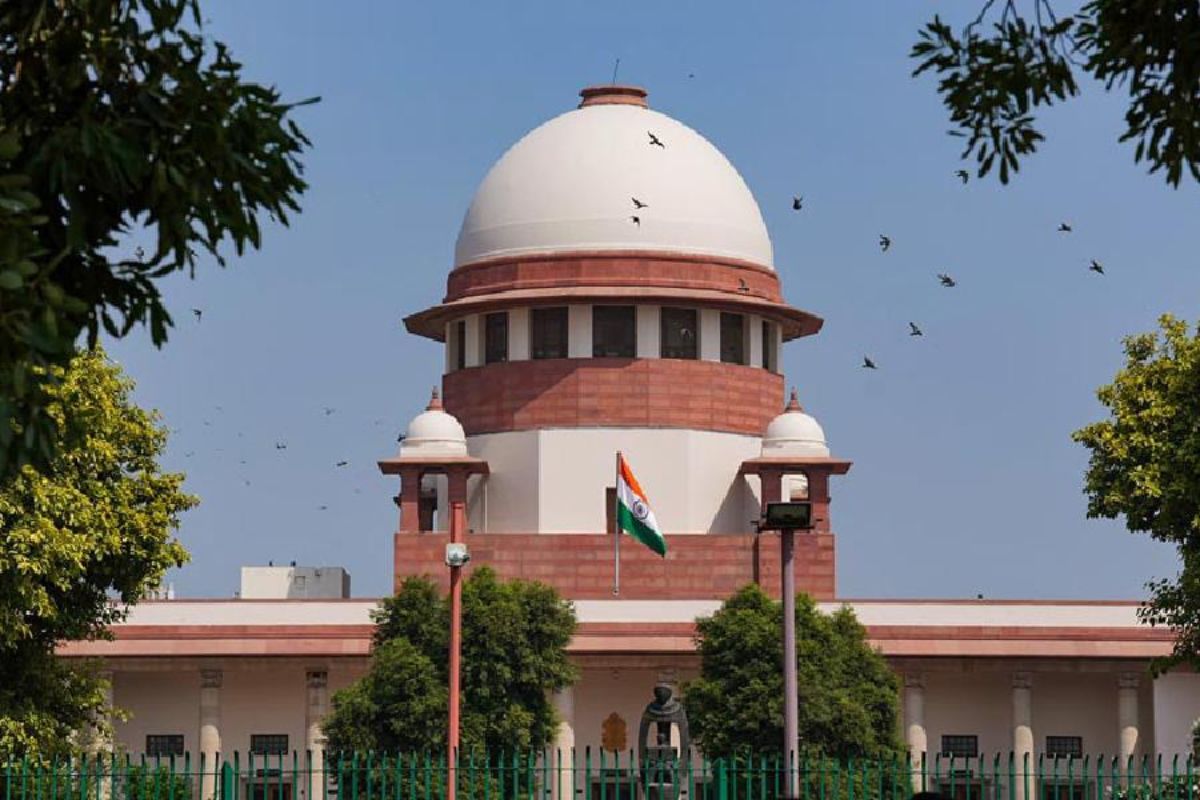The Supreme Court on Monday postponed the hearing on a batch of petitions challenging the constitutional validity of Section 6A of the Citizenship Act to December 5.
The Act was enacted in pursuance to the 1985 Assam accord for granting citizenship to migrants from Bangladesh who had crossed over to India before March 25, 1971.
Advertisement
The hearing was postponed after Solicitor General Tushar Mehta told the bench that they have yet to emerge from the five-judge constitution bench hearing the challenge to the validity of electoral bonds.
“I am mentioning on my behalf and on behalf of the Attorney General for India. The case coming up on Tuesday is the Citizenship Amendment Act. If the case can be deferred a bit… this is the last working week before Diwali and we just came out of one constitution bench and, therefore, we need some time,” he said.
A five-judge constitution bench comprising Chief Justice D Y Chandrachud and Justice A S Bopanna, Justice M M Sundresh, Justice J B Pardiwala, and Justice Manoj Misra is hearing the matter on the Citizenship Act.
Senior advocate Shyam Divan, appearing for one of the petitioners challenging the validity of Section 6A, opposed the Solicitor General, saying that they require at least three days, (from November 7-9) for advancing their arguments and this would be followed by Diwali break – and this would be sufficient for the government and others to prepare their case.
The Solicitor General apparently indicated that the issue has to be seen holistically in a historical backdrop.
The Assam accord was signed between the Centre, Assam government, the All-Assam Students Union (AASU) and the All Assam Gana Sangram Parishad in Delhi on August 15, 1985.
Assam Sanmilita Mahasangha, a-Guwahati based NGO along with Assam Public Works, All Assam Ahom Association and others had challenged Section 6A way back in 2012 contending that Section 6A is “discriminatory, arbitrary and illegal” so far as it provides for different cut-off dates for regularising illegal migrant who entered Assam and the rest of India.
The Bangladesh liberation war which led to the independence of Bangladesh from Pakistan, witnessed a massive influx of migrants to India. Even prior to, when Bangladesh gained independence from East Pakistan in 1971, migration had started to India.
The status of these migrants has been a bone of contention between India and Bangladesh.











